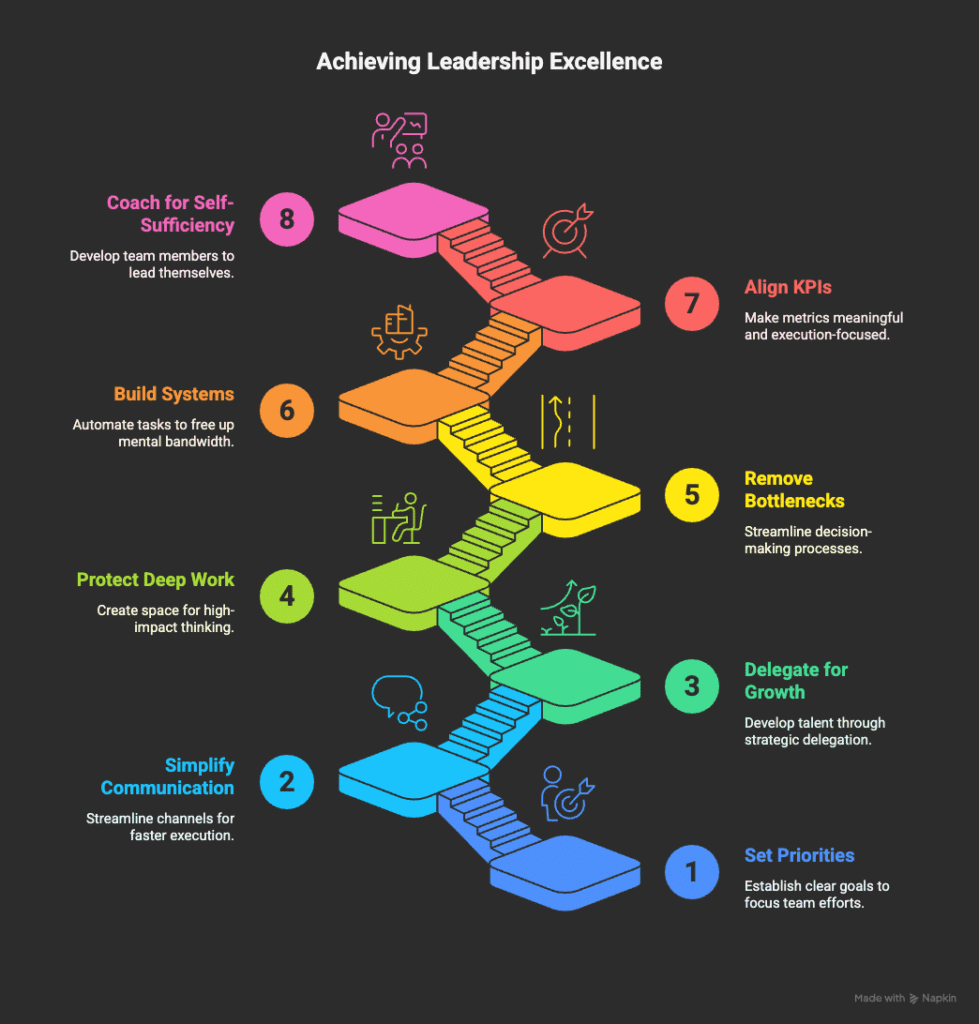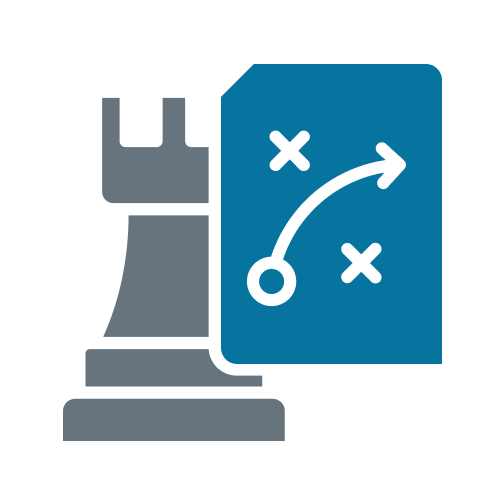An efficient leader isn’t just good with time—they’re a catalyst for execution, clarity, and momentum. They don’t waste energy on micromanagement, bloated meetings, or vague direction. Instead, they focus on what moves the needle. In today’s volatile business climate, where uncertainty and overload have become the norm, the need for an efficient leader has never been greater.
This isn’t about hustle culture or productivity hacks. It’s about high-impact leadership that aligns people, priorities, and performance—without burning out the team or diluting the mission. The most efficient leader in the room is the one who makes complex things simpler, turns strategy into action, and builds a culture that delivers—consistently.
At Champion PSI, we’ve spent decades coaching top-tier executives and elite teams across industries. These leadership development principles drive real-world change and measurable results.
Explore how our executive leadership coaching sharpens your edge where it counts most.
Overview of the Topics
An efficient leader knows how to get the best from their team—without chaos, confusion, or burnout. In this blog, we’ll break down eight practical ways to boost team output by leading with clarity, purpose, and precision.
Here’s what we’ll cover:
- Set Crystal-Clear Priorities – How an efficient leader eliminates ambiguity and sharpens team focus.
- Simplify Communication Channels – Why fewer, better conversations increase execution speed.
- Delegate for Growth, Not Relief – The difference between dumping tasks and developing talent.
- Protect Deep Work Time – How top leaders create space for high-impact thinking and delivery.
- Remove Decision-Making Bottlenecks – Streamlining authority so teams can act without waiting.
- Build Repeatable Systems – How structure and automation free up mental bandwidth.
- Align KPIs to Outcomes – Making metrics meaningful and execution-focused.
- Coach for Self-Sufficiency – Developing team members to lead themselves, not just follow orders.
If you’re looking for proven guidance, these top executive coaches consistently deliver results.

1. Set Crystal-Clear Priorities
An efficient leader doesn’t just set goals—they sequence them. They ensure the team isn’t juggling five “top” priorities but instead knows exactly what matters now. When everything is urgent, nothing is. That’s why efficient leaders define what success looks like this week, this quarter, and this year.
They kill ambiguity before it spreads. This clarity reduces second-guessing, prevents work duplication, and gives high performers the focus they crave.
2. Simplify Communication Channels
Efficient leaders know that most teams don’t need more meetings—they need better ones. They reduce noise by setting clear expectations for how and when communication should happen.
That means fewer reply-all email chains and less Slack chaos. Instead, they streamline feedback loops, clarify decision paths, and make it easy for people to access information without constant handholding.
They also know when not to speak. Silence can be a strategic tool—letting others step up, think critically, and solve independently.
3. Delegate for Growth, Not Relief
Delegation isn’t just about clearing your plate. An efficient leader sees it as an opportunity to develop others. Rather than tossing tasks like hot potatoes, they delegate with intention—pairing responsibilities with stretch opportunities that grow team capacity.
They ask: “What does this person need to grow into their next level?” Not: “How fast can I get this off my desk?”
This creates a multiplier effect. The team grows stronger, confidence rises, and execution gets faster—without the leader needing to carry everything.
4. Protect Deep Work Time
An efficient leader guards focus like it’s oxygen—because it is.
In a world of constant pings, the ability to do deep, meaningful work is becoming rare. Efficient leaders create the conditions for their teams to actually think, not just react. That means blocking time for uninterrupted work, modeling it themselves, and resisting the temptation to reward busyness over impact.
The result? Higher quality work in less time—and a team that actually enjoys their craft. Discover more in our blog on team leadership coaching.
5. Remove Decision-Making Bottlenecks
Slow decisions kill momentum. Efficient leaders know that centralized control can stifle speed and creativity. Instead of being the sole approver for everything, they build systems and trust that allow decisions to happen at the right level. McKinsey emphasizes the importance of CEO performance insights for evaluating and improving decision-making effectiveness.
This means empowering frontline leaders, setting clear thresholds for when escalation is needed, and letting go of ego.
6. Build Repeatable Systems
Efficiency isn’t just a trait—it’s a design. The most efficient leaders create processes that remove friction from everyday tasks.
Think templates, playbooks, checklists, automations. Not because they love process for its own sake, but because it saves time, lowers error rates, and creates consistency at scale.
They build for repeatability so their team doesn’t have to reinvent the wheel every Monday. This allows more energy to go into innovation and execution—where it counts.
7. Align KPIs to Outcomes
Metrics matter—but only if they actually reflect progress. Efficient leaders don’t just track numbers. They ensure every KPI ties directly to outcomes that matter to the business and the people driving them.
They ruthlessly cut vanity metrics and focus only on what drives clarity, behavior, and results. They also make metrics visible, relevant, and reviewable—so teams stay aligned without needing constant check-ins.
The scoreboard becomes a source of fuel, not confusion.
8. Coach for Self-Sufficiency
Finally, an efficient leader isn’t addicted to being needed. They want their people to think for themselves, solve challenges, and take ownership.
This means coaching, not just directing. Asking questions that unlock insight. Encouraging initiative. Celebrating problem-solving over compliance. Harvard Business Review shows how becoming a leader as coach helps unlock energy and innovation across an organization.
The result? A team that doesn’t just execute tasks—but builds momentum independently.
Real-World Example: How Atlassian Scaled Efficient Leadership
Atlassian, a global software company, attributes much of its growth to an intentional focus on team effectiveness. Their open team model promotes transparency, shared goals, and active knowledge-sharing across departments.
One standout strategy? Their “Team Playbook,” a public-facing resource of workshop tools designed to improve collaboration, alignment, and trust. These tools are used internally by leadership teams and externally by customers.
By equipping teams to work better together—not just harder—Atlassian has consistently outperformed industry benchmarks in innovation, product adoption, and employee satisfaction.
Read the full case: The Importance of Teamwork (As Proven by Science)
FAQs About Becoming an Efficient Leader
What defines an efficient leader?
An efficient leader prioritizes clarity, minimizes friction, and drives results with precision. They focus on what truly matters and remove obstacles that slow teams down.
How do efficient leaders handle decision-making?
They empower others to make timely decisions by creating clear boundaries and trust-based systems—reducing bottlenecks and delays.
Can efficiency hurt team culture?
Not if done right. Efficiency isn’t about working faster at all costs—it’s about working smarter. The right systems enhance clarity and reduce stress, which actually improves culture.
How do I become a more efficient leader?
Start with clear priorities, simplify your systems, delegate with intention, and develop your people. Efficiency starts with the leader, not the software.
What tools support efficient leadership?
Templates, dashboards, project management platforms, and team playbooks are key. But the most powerful tool? A consistent leadership mindset.
8 Ways an Efficient Leader Boosts Team Output: Conclusion
An efficient leader is more than a high-performer—they’re a force multiplier. By focusing on clarity, communication, systems, and coaching, you unlock not just better results—but better people. Output rises. Culture sharpens. Execution becomes second nature.
Ready to lead more efficiently? Book a free 30-minute call with an expert coach to explore how efficient leadership can support your team’s goals.










